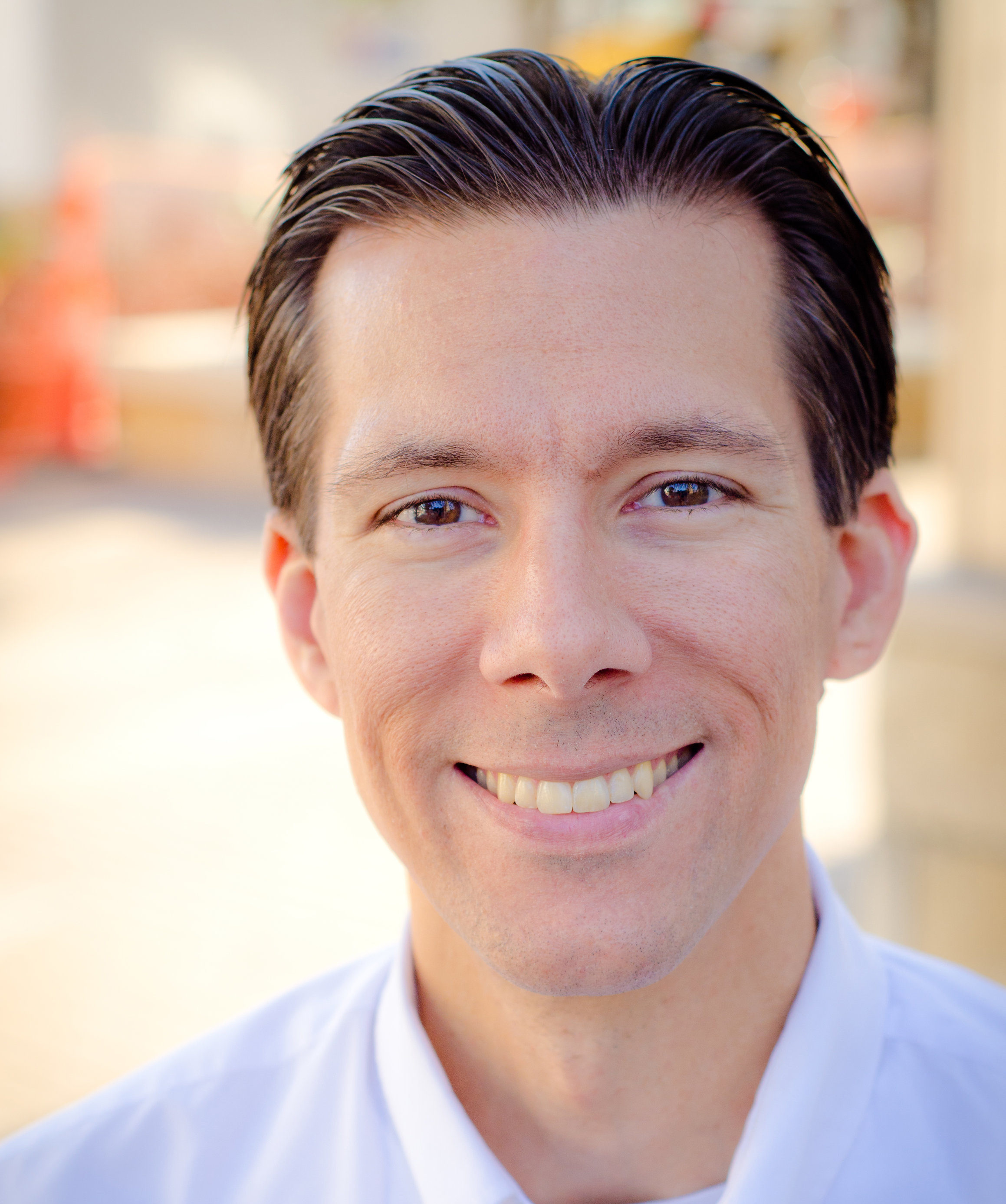President Donald Trump’s foreign policy has been almost as disastrous as I feared when I signed my name to the “Open Letter on Donald Trump from GOP National Security Leaders” almost three years ago. We fretted that Trump was “wildly inconsistent and unmoored in principle,” and his foreign policy would be characterized by “swings from isolationism to military adventurism.” We condemned his advocacy of trade wars and torture, his admiration of foreign dictators, and his equation of business acumen with foreign policy expertise. We worried that his hateful rhetoric would harm US interests abroad, and cautioned that “he is fundamentally dishonest.” In summary, we worried that “he would use the authority of his office to act in ways that make America less safe.”
We were mostly right about his hateful rhetoric, fundamental dishonesty, trade wars, admiration for foreign dictators, and wild inconsistency, all of which continued unabated from the campaign into his presidency. But we overestimated Trump’s competence and work ethic. His ability to bring material harm to the United States has been limited by how little he works and how little he knows about the presidency.
And, to be sure, Trump has gotten a few things right. I applauded Trump’s speech on Afghanistan in August 2017 and still think it is his finest moment as president (even as I expect him to reverse himself and withdraw the troops, with disastrous consequences, within a year). Trump was right to send lethal aid to the government of Ukraine, which is fighting Russian-backed rebels, and to cut aid to Pakistan. He successfully continued Obama’s campaign against ISIS. I am ambivalent about his withdrawal from the Iran nuclear deal. He was right that it was a bad deal. But even his own administration conceded that Iran was abiding by it, and the Europeans were willing to work toward strengthening it. All told, it would have been better to stay in.
Trump’s only military action so far has been to launch missiles against Syria in retaliation for Bashar al-Assad’s use of chemical weapons against Syrian rebels. The action was strategically insignificant and morally arbitrary. Obama was wrong to have drawn the red line there (why is massacring a few dozen people with gas worse than massacring half a million with bombs and bullets?), and Trump was wrong to have enforced it. Better to have either stayed out or developed a strategically and morally meaningful response to the whole situation.
I thus cannot agree with my friend Rebeccah Heinrichs when she argues that Trump is “reasserting American strength and seizing bold initiative after initiative, leading partners and allies in the direction he wants the free world to go,” nor that he is “aggressively taking on both Russia and China.”
I see no bold initiatives, except to berate allies and praise enemies; to stand in solidarity with the Russian government against the US intelligence community regarding its interference in the 2016 election; to engage in nuclear saber rattling with North Korea to get an agreement that makes war more likely; to roll out an executive order on immigration so poorly written that it took three tries to get over legal challenges it should never have had to face; to withdraw from the Trans-Pacific Trade Partnership before seeking a way back in once the strategic benefit to China of our withdrawal became clear; and more. Trump has even regretted some of his administration’s tough moves against Russia, according to some reports, such as expelling Russian diplomats last spring, which was pushed by his staff over his objections.
II
But let’s leave aside these smaller issues. The real problem is that Trump’s foreign policy ideology is perfectly, exactly wrong. He is a nationalist, pitting himself in opposition to “globalists.” I do not know what “globalism” is, except that it is Trump’s straw man to justify whatever he wants to do on immigration, trade, and national security. If “globalism” is the liberal international order of cooperative security and a rules-based trading regime, then, as I’ve written elsewhere, “globalism is the victory of Western ideals.” If this be globalism, let us make the most of it.
Sadly, that pits me against another good friend, Josh Mitchell, who equates US efforts to sustain the liberal international order with Augustine’s “lust for domination.” He accuses advocates of globalism of “repudiating the nation altogether” because they “sincerely believe they know what God’s arc of history entails politically.” Mitchell believes that globalism is an expression of intellectual hubris, of knowing the mind of God and damning anyone who dares disagree. Echoing Yoram Hazony’s recent book on The Virtues of Nationalism, Mitchell pits globalism against “the somber return to nations,” and prefers the latter.
I confess I do not understand the animus against the liberal international order, whether from Hazony, Mitchell, or Trump. I agree that national particularism is good; that affection for our own homeland is necessary; that sovereignty is essential; that world government would be a terrible experiment. I simply do not see the liberal international order as inconsistent with any of the good things about nations that Hazony or Mitchell want to preserve.
Very simply, the liberal international order is not imperialism. No matter how often Hazony or Trump claims the liberal international order is imperialist, no global body dictates what language we must speak nor what God we must worship. The principal pillars of the liberal international order—the United States, Europe, Japan, and India—are the freest societies in the world. The liberal order is precisely the order that arranges for the maximum flourishing and freedom for each of its constituent states. Far from being intellectually hubristic, as Mitchell fears, it is a pragmatic approach to the world that serves America’s interests well.
I suspect that Hazony’s distrust of the liberal order is driven by his particular writ to defend Israel against European criticism (and I sympathize with him there). Mitchell’s distrust is a more complex case. I think it may be a form of philosophical determinism: he argues that the liberal order is founded on incorrect philosophical premises, and therefore its record in history will, sooner or later, turn out to be wrong and possibly oppressive. I think the liberal order can be founded on premises other than the ones he suggests, and I also think the empirical record of the liberal order is not consistent with that of imperialism. Trump’s distrust, if it is at all rooted in sincere belief, is likely founded on far less respectable motives.
III
Does it matter? Trump’s nationalist ideology is mostly just words. He has not done very much to radically alter the direction of US foreign policy. He has withdrawn from a handful of treaties but stayed in NATO, the most important one. He has imposed a number of new tariffs but has not pulled out of the international trading regime or the World Trade Organization. So, what’s the problem?
The problem is that words matter and relationships matter. The president is the foremost spokesman for the national drama of the American experiment. Over his three years as a presidential candidate and president, he has persistently proven himself unwilling or unable to articulate American ideals. His inaugural address contained no references at all to liberty or freedom. When he spoke in Warsaw, Poland, in July 2017, he spoke movingly about freedom, but only as an outgrowth of Western history and culture; he implicitly denied the universal basis of liberal ideals. The long record of liberalism in the non-Western world attests to the opposite view.
To Trump, the United States is just another nation among nations. Heinrichs claims that “Trump begins with the premise that America is good.” Actually, in February 2017, when a journalist confronted Trump with accusations that Russian President Vladimir Putin had journalists killed, Trump replied, “There are a lot of killers. You think our country is so innocent?” Trump denies that the United States has a role to play on the world stage as a “city on a hill,” as Reagan liked to say, a moral exemplar and beacon of freedom for all nations.
This approach has clear implications at home and abroad. At home, Trump’s nationalist rhetoric has proven racially divisive (who gets to define the nation, if not its largest demographic group?), as when he blamed the violence in Charlottesville, VA, in August 2017, on “both sides.” Abroad, Trump’s words shape the culture of world order for the worse.
It is impossible to say today, two years on, how influential his words will be or if they will succeed in undermining the liberal international order. But he seems intent on undermining it because he explicitly disagrees with its ideals and many of its institutions. That is unfortunate, because liberal order is the outer perimeter of American security. If you truly want to put America First, sustaining the liberal order we built and benefit from is a grand strategy worth supporting.
—
Paul D. Miller is a professor in the practice of international affairs at Georgetown University’s School of Foreign Service, a contributing editor of Providence, a research fellow with the Ethics & Religious Liberty Commission, and a senior fellow with the Atlantic Council.
Photo Credit: US President Donald Trump and Russian President Vladimir Putin during a press conference at their summit meeting in Helsinki, Finland, on July 16, 2018. By Kremlin, via Wikimedia Commons.







 Live in the DC area? Sign-up for Providence's in-person events list!
Live in the DC area? Sign-up for Providence's in-person events list!